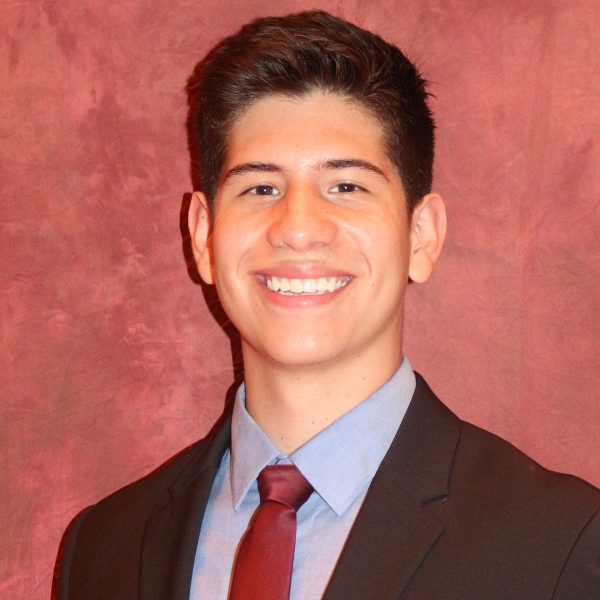
Daniel Zuniga is an emerging scientist, and educator originally from Colombia. After immigrating to Florida, Daniel attended Palm Beach Gardens High School where he graduated with honors in one of the state’s top medical magnet programs. As a prospective physician, Daniel is passionate about helping minority students achieve their goals of pursuing a career in medicine. His efforts have led to the creation of academic mentoring and summer enrichment programs for high school students in Florida. Daniel has participated in service activities during his time at Florida State University, where he serves as an emergency medical responder, a note-taker for students with disabilities, and a volunteer as a medical assistant. At the FSU College of Medicine, he is involved in academic research in biomedical sciences, while also serving fellow students as a mentor and learning assistant for the Biological Sciences department. In addition, he was a Truman Scholarship semifinalist, and a Goldwater nominee by Florida State University. His current research interests include space medicine, neurodevelopmental disorders, public health, and the education of minority students.
Long-term Effects of Simulated Spaceflight Exposure to the Coronary Artery
Authors: Daniel Zuniga, Sunny Narayanan
Student Major: Cell and Molecular Neuroscience
Mentor: Sunny Narayanan
Mentor’s Department: Nutrition and Integrative Physiology
Mentor’s College: College of Health and Human Sciences
Abstract
Research on the cardiovascular system has shown how it adapts to extreme conditions, such as spaceflight. Spaceflight environment includes extreme temperature variations, exposure to deep-space radiation, and disruption of normal behavior. Human physiology is exposed to abnormal environmental stimuli in space, increasing the crew’s risk to develop medical conditions. Some of these risks include space radiation, gravity differences, and the psychological effect of long-term isolation. To assess these risks and how they may affect the cardiovascular system, we conducted a study of the long-term single and combined effects of deep space radiation and microgravity exposure on rats. Our hypothesis includes studying changes in blood vessel structure and function, as well as biochemical pathway changes (e.g. endothelial nitric oxide synthase [eNOS], oxidative stress), that may provide clues of any potential increased risk of astronauts developing cardiovascular disease. Biological samples of the rat coronary artery have been collected and are processed by cryostat sectioning to conduct immunofluorescence protein analysis for the following protein markers: CD31, SM22A, and eNOS markers. As more people travel into space, we have much to discover about the effects of space flight on the cardiovascular system, in particular as we return to the Moon through our Artemis Program. Findings from this study will increase our overall knowledge in the field of space medicine and life sciences as well as improve life on Earth through advancements made in medicine and health.
Keywords: Space Medicine, Cardiovascular System, Radiation


